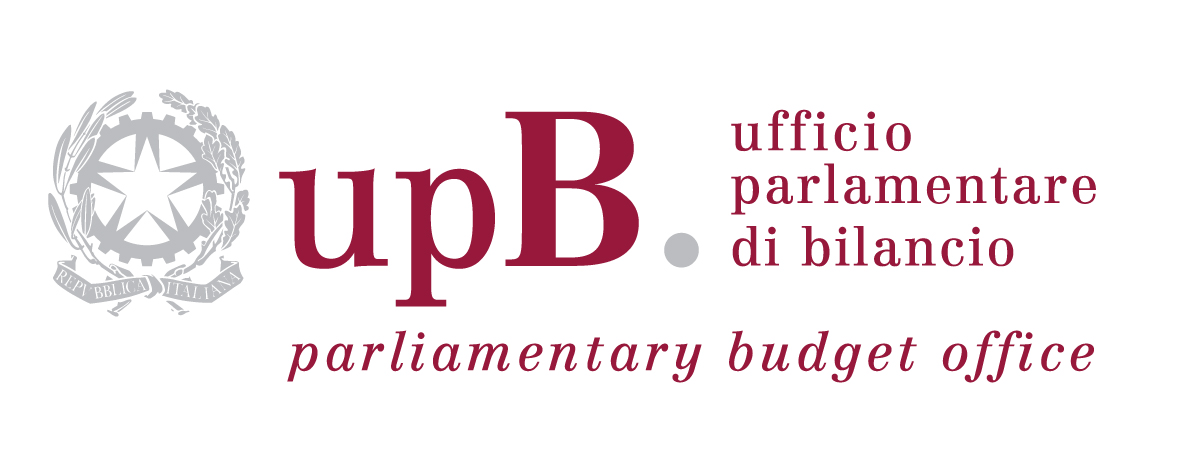In this Working Paper we evaluate the stabilization properties of alternative rules and instruments to reduce government debt in a Currency Union, like the EMU. In a two-country New-Keynesian DSGE model, with a debt-elastic government bond spread and incomplete international financial markets, we study the effects of government debt deleveraging, under alternative scenarios for fiscal policy coordination. We find that greater stabilization is achieved when the two countries coordinate by stabilizing net exports. Moreover, we find that taxes are a better instrument for deleveraging compared to government transfers. Our policy prescriptions for the Euro Area are to reduce government debt less during recessions and liquidity traps, and to do so using distortionary taxes, while concentrating on reducing international demand imbalances.
